Has the U.S. ever assassinated a world leader before?
The U.S. government for decades shied away from targeting foreign leaders after embarrassing failures and unintended consequences from covert activities by the #CIA.
The targeting and killing of Iran’s Ayatollah Ali Khamenei, which opened an undeclared war with Iran, is the first time in modern history the U.S. — in this case working with Israel — openly killed the leader of a foreign country, according to CNN presidential historian Tim Naftali.
For those keeping track, the U.S. has now decapitated two foreign governments — both U.S. adversaries overseeing vast oil reserves — in the past two months. Venezuela’s Nicolás Maduro is in New York awaiting trial and Khamenei is dead.
There is actually a ban on U.S. involvement in assassinations in U.S. law – most recently in an executive order signed by Ronald Reagan. It is still technically in effect.
But since 9/11, after which Congress gave presidents broad authority to use force to combat terrorism, there has been a slow but steady move toward this moment. Presidents from both parties have killed leaders of terrorist groups such as Osama bin Laden. U.S. President Donald Trump took another step when he ordered the killing of Iranian commander Qasem Soleimani by airstrike in Iraq in 2020. Now the U.S. has killed a foreign head of state.
“You can always come up with an individual who, by their power and their depth of depravity, whose removal benefits humanity,” Naftali said, arguing few will mourn Khamenei’s demise. “But making the decision to wipe out a foreign head of state should not be taken easily or quickly.”
‘I got him before he got me’
Neither U.S. President Donald Trump nor the Trump administration has publicly used that word – assassination – to describe the killing of Khamenei. They have offered multiple reasons for attacking Iran – lack of faith in Iran’s leaders in negotiations over Iran’s plans for a nuclear program; the potential for Iran to develop anti-ballistic missiles; Iran’s sponsorship of terror groups in other countries, the recent killing of protesters in its streets.
When Trump announced the strikes in a video posted to his social media account at 2:30 a.m. ET Saturday, he said, without evidence, that Iran posed an “imminent” threat. But in a phone conversation with ABC News’ Jonathan Karl, Trump offered a more personal reason for killing Khamenei.
“I got him before he got me. They tried twice, well I got him first,” Trump said, according to Karl.
Trump is likely referring to U.S. intelligence from the summer of 2024 that Iran was plotting to assassinate then-candidate Trump and other officials, around the same time a gunman with no known ties to Iran tried to kill Trump at a campaign rally in Pennsylvania. Iran denied the claim.
When the U.S. military has been involved, foreign leaders have faced justice in their own countries.
Iraq’s Saddam Hussein was hanged after a trial by authorities in Iraq after the U.S. invaded and toppled his government.
Libya’s Moammar Gadhafi was killed in crossfire after being captured by revolutionary forces, aided by a multinational bombing campaign with allies.
After World War II, allies put Nazi leaders on trial in Nuremberg.
READ MORE: War widens to include Iranian-backed militias as Israeli and American planes pound Iran
CIA involvement in coups and assassinations was previously kept secret
The U.S. was complicit in the overthrow and killing of Vietnamese dictator Ngo Dinh Diem, who previously had been propped up by U.S. support.
The CIA was directly, and secretly, involved in the 1973 ouster of Chilean leader Salvador Allende, which led to his suicide.
The U.S. orchestrated an overthrow in Iran in the 1950s
Other leaders overthrown with help by the U.S., like Mohammad Mosaddegh in Iran in 1953, were put in prison rather than killed. The U.S. has since acknowledged its role in the coup, undertaken because the US and Britain feared Iran, and its oil, would fall behind the Iron Curtain. It was Kermit Roosevelt Jr., grandson of former President Theodore Roosevelt, who worked in Iran to help orchestrate the coup.
After Watergate, a special bipartisan Senate committee was convened to assess abuses by the American intelligence community. The Church Committee, named for Sen. Frank Church of Idaho, issued a special report specifically on the issue of assassinations.
Over hundreds of papers, it ticked through U.S. efforts to undermine foreign leaders and assassinate them. Most notable are the failed assassination attempts against Cuba’s Fidel Castro, first ordered by the Kennedy administration.
Today, death is more likely to come from above
During the Obama administration, the U.S. revolutionized the use of covert drone strikes, as CNN national security analyst Peter Bergen has written, to kill suspected terrorists.
Technology has progressed since then. Israel Defence Forces released footage on its social media from a drone of what it said were the last moments of the Palestinian leader Yahya Sinwar, when he was sitting alone in a bombed-out room while the drone hovered nearby.
It’s not clear what technology was used in the strike on Khamenei. Last July, Iran claimed that another Palestinian, Hamas political leader Ismail Haniyeh, was assassinated in Tehran by a “short-range projectile.”
Tracking his daily moments
Israel appears to have fired the projectile that killed Khamenei and other leaders, but CNN reported Sunday that the CIA provided key intelligence on the Ayatollah’s whereabouts that allowed him to be targeted.
From CNN’s report:
(The CIA was) monitoring for his daily patterns — where he lived, whom he met with, how he communicated and where he might retreat under threat of attack, five people familiar with the matter told CNN. They were keeping tabs, too, on Iran’s senior political and military leaders, who rarely gathered in the same place with the ayatollah, the country’s supreme leader for nearly four decades.
The attacks coincided with an opportunity to take out not only the ayatollah but also other Iranian leaders, who recent intelligence suggested would be at a Tehran compound that is home to the offices of the ayatollah, the Iranian presidency and the national security apparatus.
In other words, the opportunity was there.
When the U.S. decided assassinations were a bad idea
The Church Committee concluded there were at least eight attempts to assassinate Castro between 1960 and 1965, including by mob hit, according to the author Dan Bohning, who wrote for CNN about the assassination attempts in 2008.
Its conclusions express bipartisan opposition to assassinations. It quotes President John F. Kennedy, somewhat ironically given attempts to kill Castro and his own ultimate demise, as saying the U.S. should not be assassinating foreign leaders.
“We can’t get into that kind of thing, or we would all be targets,” Kennedy said, according to the Church report.
More detailed quotes from the testimony of Richard Helms, who was involved in the 1953 Iran coup and also CIA assassination attempts before rising to be CIA director.
In testimony, Helms explained both moral and practical opposition to assassination.
“If you are going to try by this kind of means to remove a foreign leader, then who is going to take his place running that country, and are you essentially better off as a matter of practice when it is over than you were before?”
Helms pointed to the assassination of Diem in Vietnam as an example.
“That whole exercise turned out to the disadvantage of the United States,” Helms said. At the time he made those comments, in the years before the Islamic Revolution, Helms was the U.S. ambassador to Iran.
“It isn’t because I have lost my cool, or because I have lost my guts, it simply is because I don’t think it is a viable option in the United States of America these days,” Helms said of his opposition to assassination.
Three successive U.S. presidents, Republican Gerald Ford, Democrat Jimmy Carter and Republican Reagan would each sign executive orders making it illegal for the U.S. government to engage in assassination.
Reagan’s order is still technically in effect, but Trump has been given broad immunity by the Supreme Court for his official acts while in office.
Trump is now seizing his opportunity to remake the geopolitical system, operating without seeking congressional approval in both hemispheres.
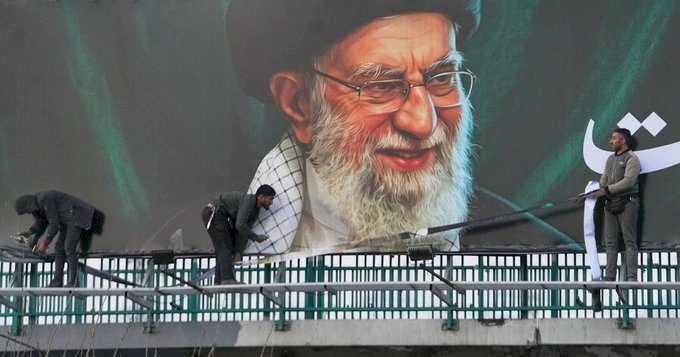
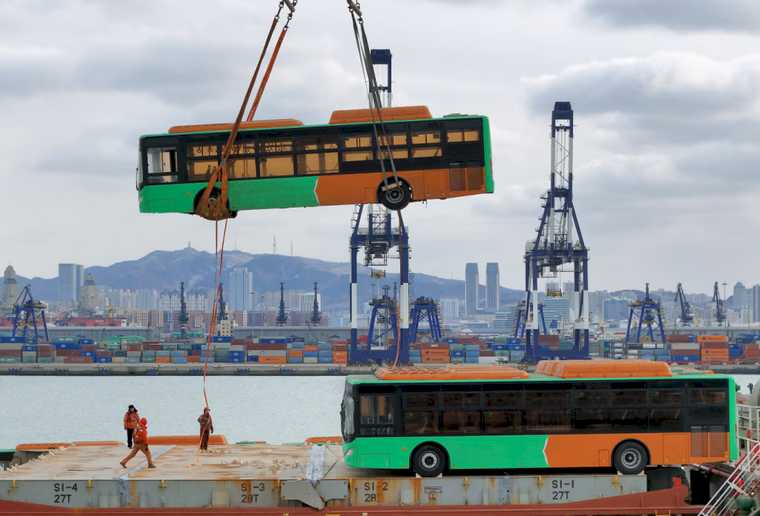

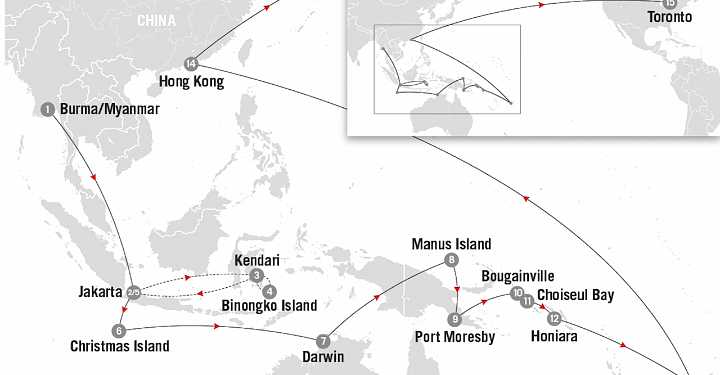


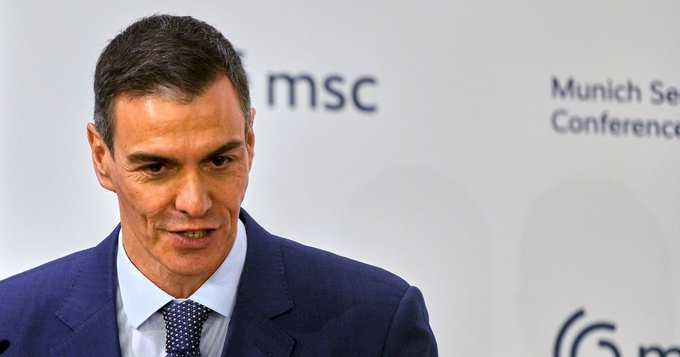

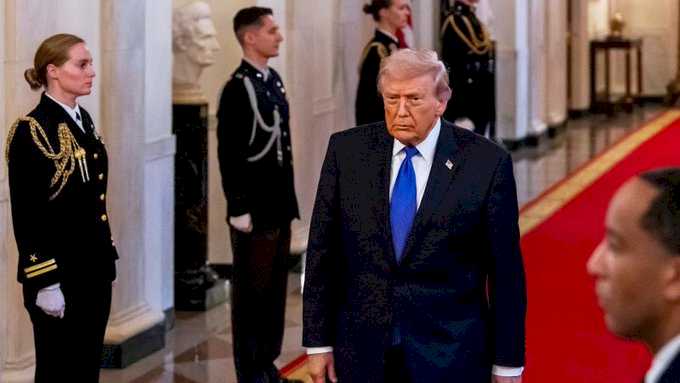
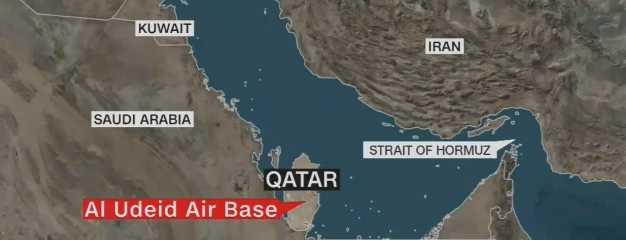
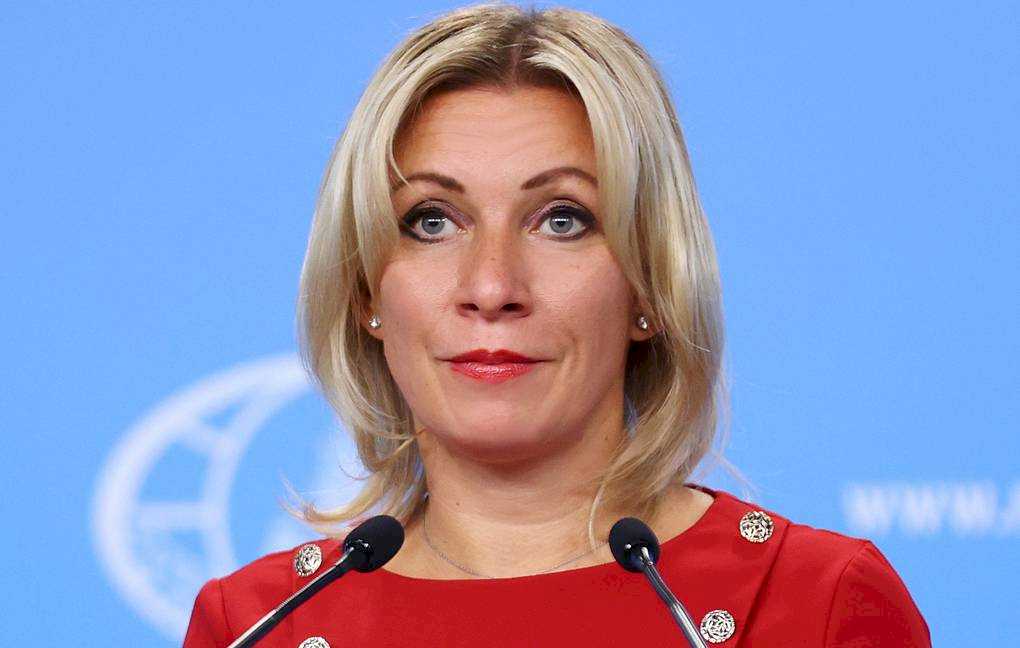
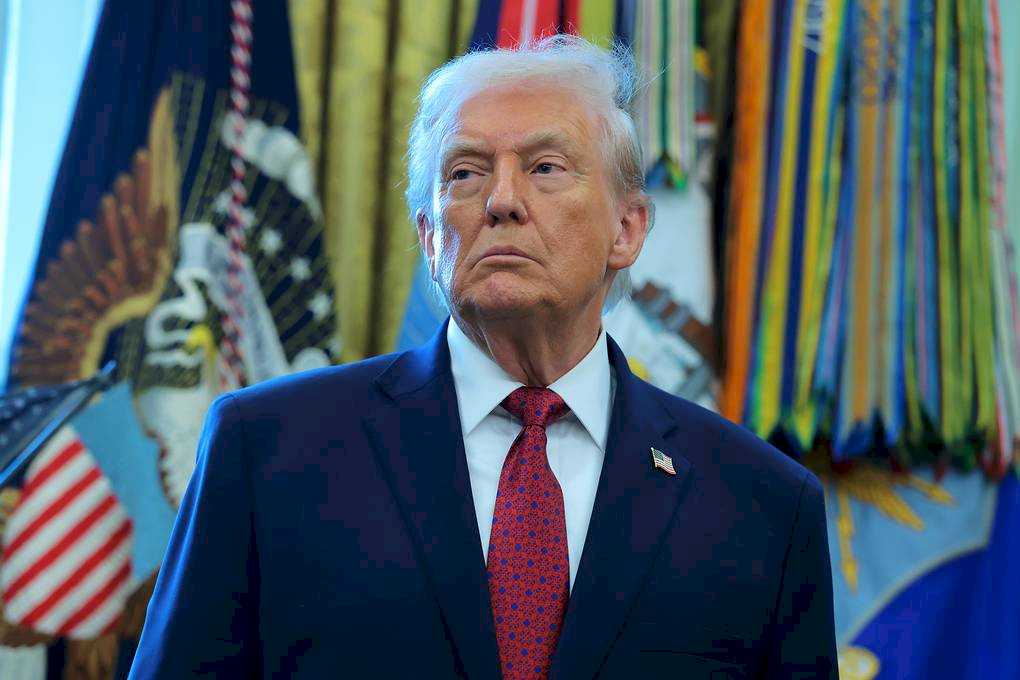

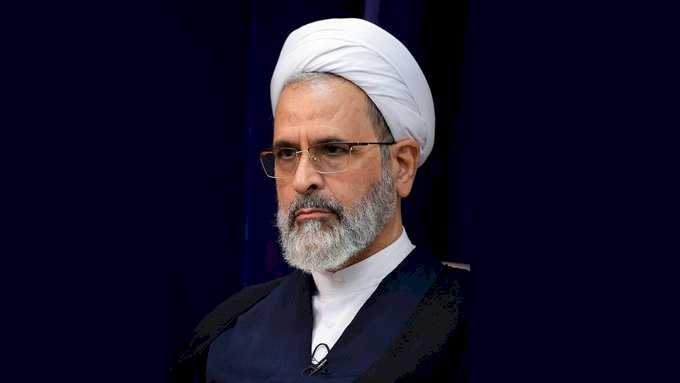


Global News on Umojja.com